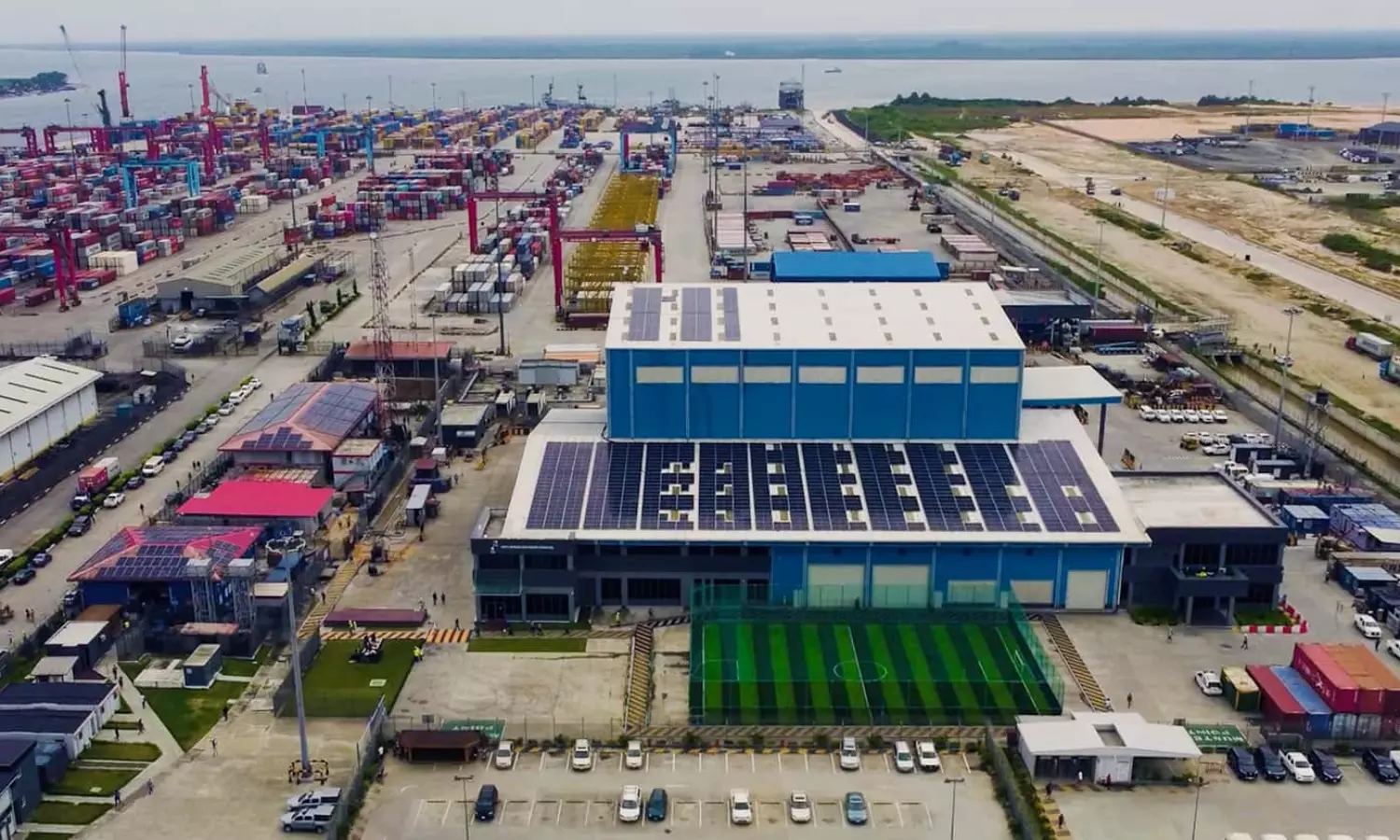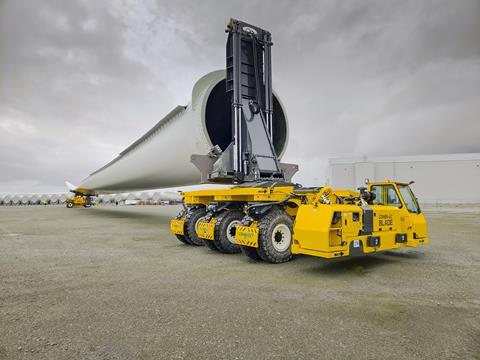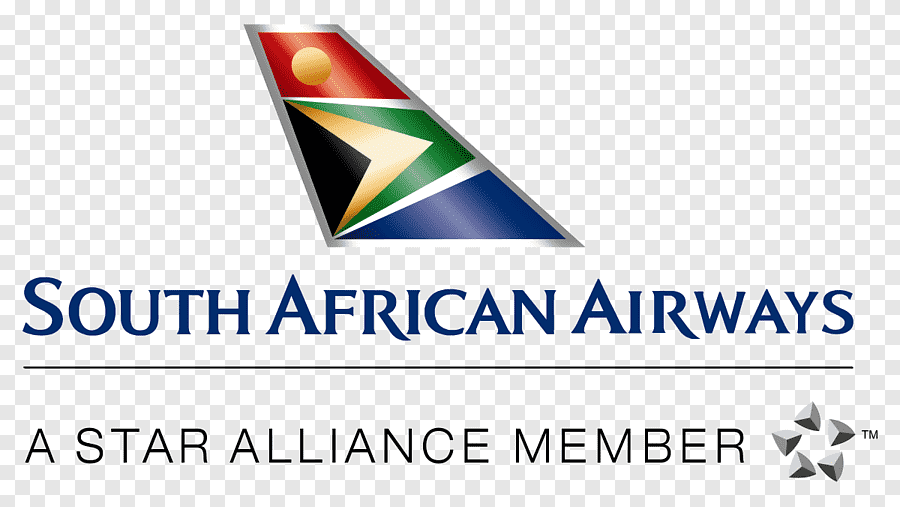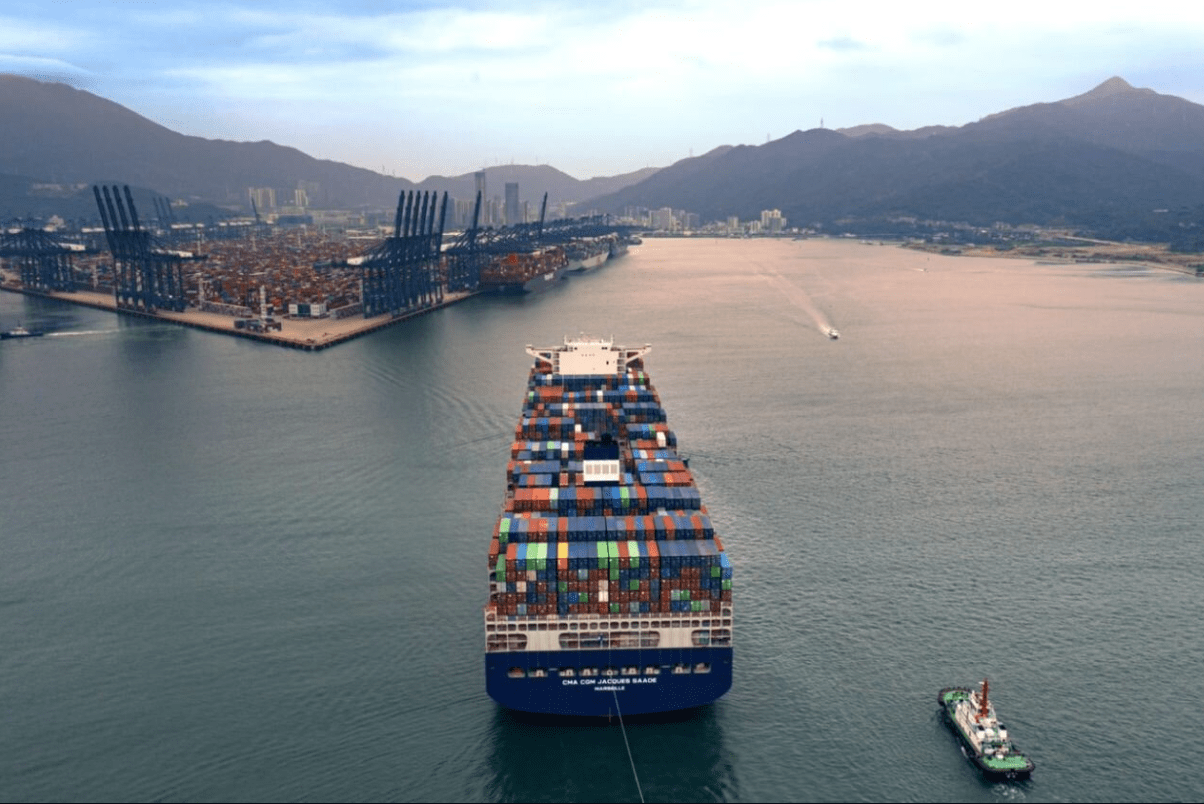Logistic

The competitive advantage of Carbon Neutrality in South Africa's freight industry
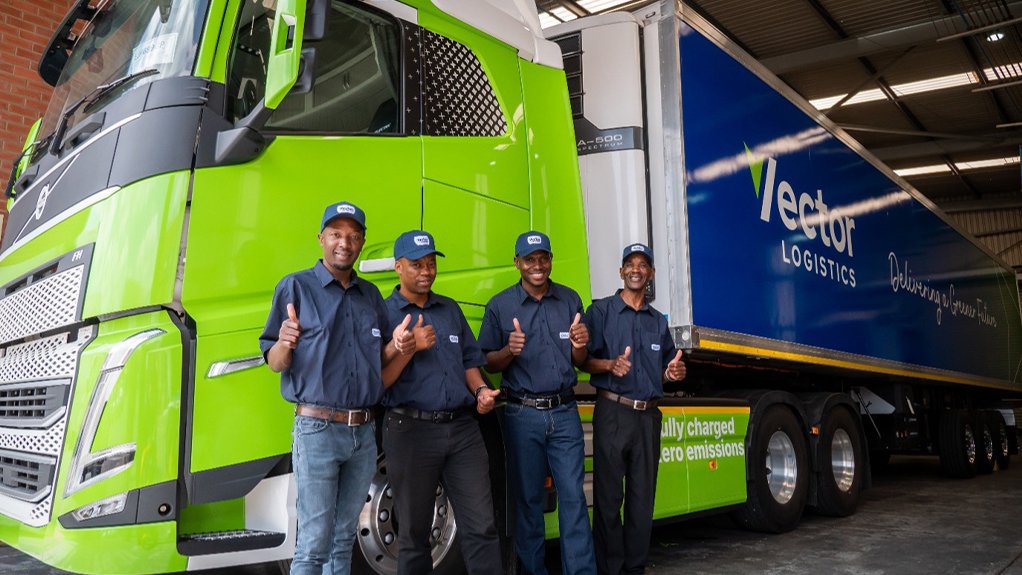
In an increasingly interconnected and environmentally conscious world, carbon neutrality has emerged as more than just a moral imperative; it is now a competitive advantage. For South Africa’s freight industry, this holds particularly true. Investors and stakeholders are placing significant emphasis on environmental, social, and governance (ESG) principles, with carbon neutrality acting as a litmus test for companies’ commitment to long-term sustainability and profitability. The freight sector, a backbone of the South African economy, is under intense scrutiny to align with global best practices in sustainability – not merely as a compliance exercise, but as a driver of innovation and growth.
Despite this clear direction, ESG and sustainability principles have faced their share of criticism, both locally and globally. Some argue that ESG initiatives impose additional financial burdens on companies already struggling in a tough economic climate. Others question the tangible outcomes of sustainability strategies, dismissing them as mere box-ticking exercises. While these criticisms are not entirely unfounded, they overlook the transformative potential of ESG and carbon neutrality commitments. Companies that embrace these principles are not only future-proofing their operations but also positioning themselves to attract investment and unlock new revenue streams.
As a company, we have remained steadfastly committed to our ESG and carbon neutrality strategies, even in the face of pushback. This commitment is not about optics; it is about seizing the opportunities that come with being a sustainability leader in the freight sector. This is why we are excited to roll out our first fully electric bumper-to-bumper trucks on South African roads this year as part of our fleet.
Our recently released carbon roadmap sees us targeting a 42% reduction in carbon emissions by 2030. To do this, we need to embrace technology and innovation to prove that the freight and logistics industries are at the forefront of these developments.
The global shipping industry, for instance, provides a compelling example of how innovation can drive progress. The world’s first carbon-neutral ship was launched this year and, demonstrates how industry leaders are exploring groundbreaking solutions to decarbonise operations. While the reliance on alternative fuels such as methanol has its critics, the project underscores the importance of taking bold steps towards sustainability.
Closer to home, the road freight sector is also seeing significant strides in innovation. According to the International Road Transport Union (IRU), a duplex approach to greening road transport is gaining traction. This strategy combines the use of cleaner fuels and advanced vehicle technologies with systemic changes such as optimised logistics and infrastructure upgrades. These developments are particularly relevant for South Africa, where the freight industry’s carbon footprint is a growing concern.
However, as highlighted by McKinsey’s research on decarbonising logistics, many organisations still grapple with how to implement effective sustainability strategies. This knowledge gap presents an opportunity for innovative partners to step in and provide solutions. For instance, third-party providers with expertise in green logistics can help companies design and execute tailored decarbonisation plans. These collaborations can bridge the gap between ambition and action, ensuring that South African freight companies remain competitive on the global stage.
The push for carbon neutrality is not just a local or regional trend – it is a global movement driven by stakeholders across the value chain.
European shareholders, in particular, are vocal in their demands for best practices in sustainability. Their influence extends beyond compliance requirements to shaping the strategic priorities of companies operating in emerging markets like South Africa. These shareholders understand that carbon neutrality is not only an environmental imperative but also a key driver of risk management and value creation.
This value creation also extends to our internal stakeholders. We have been particularly encouraged by the response from our staff as we start to embrace this new future. They recognise that this can be a competitive advantage and they can be at the forefront of a clean energy transition.
The road transport sector in South Africa is uniquely positioned to lead the charge towards a more sustainable future. With its vast network of logistics providers, infrastructure and strategic importance in regional trade, the industry is ripe for innovation. From adopting cleaner fuels to leveraging digital technologies for optimised route planning, the possibilities are endless. By embracing these opportunities, South Africa’s freight companies can enter an exciting new phase of growth, one that aligns profitability with purpose.
In conclusion, the journey to carbon neutrality is not without its challenges, but the rewards far outweigh the costs. Achieving carbon neutrality is not just a competitive advantage; it lays the foundation for a sustainable and resilient logistics industry. For the South African freight industry, the path forward is clear: innovate, collaborate and lead. By doing so, the sector can not only meet the expectations of investors and stakeholders but also contribute meaningfully to the global fight against climate change.
About the author:
Annelie Govender is an experienced Human Resources professional currently serving as the CHRO and ESG Lead at Vector Logistics. Prior to this role, Annelie held multiple positions at RCL FOODS from May 2013 to July 2021, including HR Executive for Vector Logistics, HR Business Partner and Learning Manager, and Learning Manager. Annelie's diverse background in HR encompasses strategic management, workforce development, and organisational learning.
About Vector Logistics:
Vector Logistics is South Africa’s leading integrated cold chain logistics provider, specialising in temperature-controlled warehousing, distribution and end-to-end supply chain solutions. With a national footprint and a commitment to operational excellence, Vector Logistics partners with some of the country’s most recognised food brands to ensure the seamless movement of temperature-sensitive goods from production to retail shelves.
Backed by cutting-edge technology, sustainability-driven practices, and a team of industry experts, Vector Logistics delivers innovative, end-to-end logistics solutions that optimise efficiency, reduce environmental impact, and enhance customer satisfaction.
For more information, visit www.vectorlog.com.
(1) Source: Production volumes for 2023 as sourced from the World Gold Council.
On Behalf of the Board of Directors of Newcore Gold Ltd.
Luke Alexander
President, CEO & Director
For further information, please contact:
Mal Karwowska | Vice President, Corporate Development and
Investor Relations
+1 604 484 4399
info@newcoregold.com
www.newcoregold.com
Neither the TSX Venture Exchange nor its Regulation Services Provider (as that term is defined in the policies of the TSX Venture Exchange) accepts responsibility for the adequacy or accuracy of this release.
Cautionary Note Regarding Forward-Looking Statements
This news release includes statements that contain "forward-looking information" within the meaning of the applicable Canadian securities legislation ("forward-looking statements"). All statements, other than statements of historical fact, are forward-looking statements and are based on expectations, estimates and projections as at the date of this news release. Any statement that involves discussion with respect to predictions, expectations, beliefs, plans, projections, objectives, assumptions, future events or performance (often, but not always using phrases such as "plans", "expects", "is expected", "budget", "scheduled", "estimates", "forecasts", "intends", "anticipates", or "believes" or variations (including negative variations) of such words and phrases, or state that certain actions, events or results "may", "could", "would", "might" or "will" be taken, occur or be achieved) are not statements of historical fact and may be forward-looking statements. In this news release, forward-looking statements relate, among other things, to: the use of proceeds from sales from the Offering, statements about the estimation of mineral resources; results of preliminary economic assessments; results of our ongoing drill campaign, magnitude or quality of mineral deposits; anticipated advancement of mineral properties or programs; and future exploration prospects.
These forward-looking statements, and any assumptions upon which they are based, are made in good faith and reflect our current judgment regarding the direction of our business. The assumptions underlying the forward-looking statements are based on information currently available to Newcore. Although the forward-looking statements contained in this news release are based upon what management of Newcore believes, or believed at the time, to be reasonable assumptions, Newcore cannot provide any assurance that actual results will be consistent with such forward-looking statements, as there may be other factors that cause results not to be as anticipated, estimated or intended. Forward-looking information also involves known and unknown risks, uncertainties and other factors which may cause the actual results, performance or achievements of Newcore to be materially different from any future results, performance or achievements expressed or implied by the forward-looking information. Such factors include, among others: risks related to the speculative nature of Newcore’s business; Newcore’s formative stage of development; Newcore’s financial position; possible variations in mineralization, grade or recovery rates; actual results of current exploration activities; fluctuations in general macroeconomic conditions; fluctuations in securities markets; fluctuations in spot and forward prices of gold and other commodities; fluctuations in currency markets (such as the Canadian dollar to United States dollar exchange rate); change in national and local government, legislation, taxation, controls, regulations and political or economic developments; risks and hazards associated with the business of mineral exploration, development and mining (including environmental hazards, unusual or unexpected geological formations); the presence of laws and regulations that may impose restrictions on mining; employee relations; relationships with and claims by local communities; the speculative nature of mineral exploration and development (including the risks of obtaining necessary licenses, permits and approvals from government authorities); and title to properties.
Forward-looking statements contained herein are made as of the date of this news release and Newcore disclaims any obligation to update any forward-looking statements, whether as a result of new information, future events or results, except as may be required by applicable securities laws. There can be no assurance that forward-looking statements will prove to be accurate, as actual results and future events could differ materially from those anticipated in such statements. Accordingly, readers should not place undue reliance on forward-looking statements.






